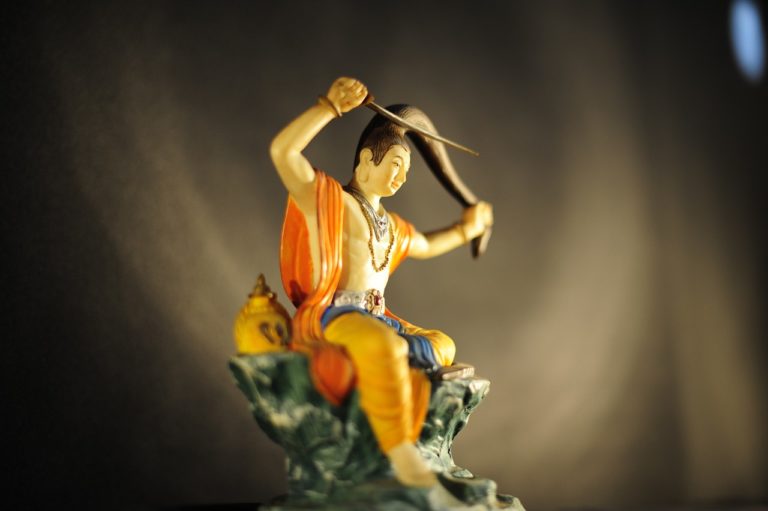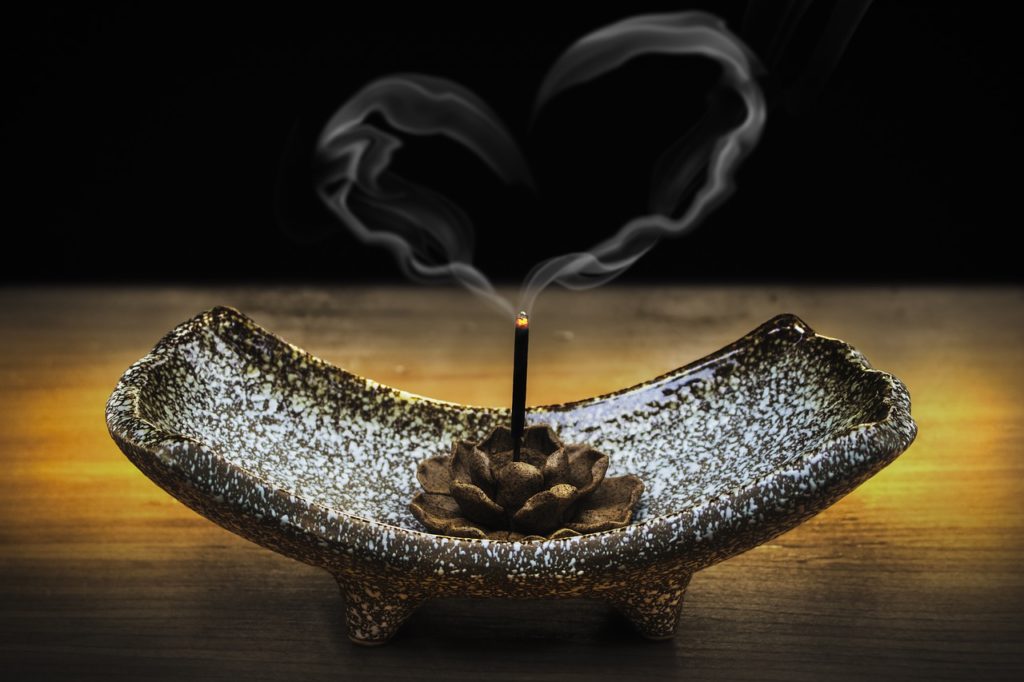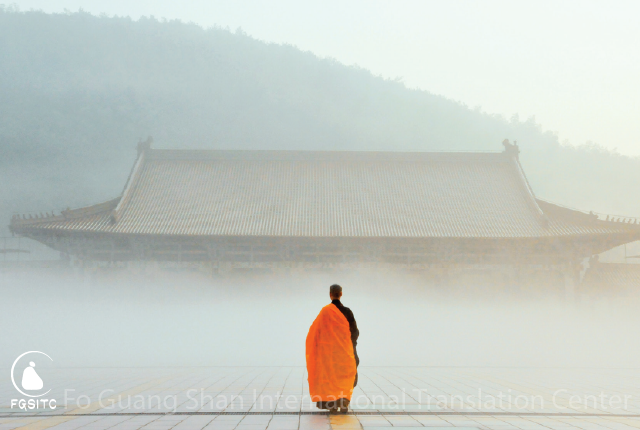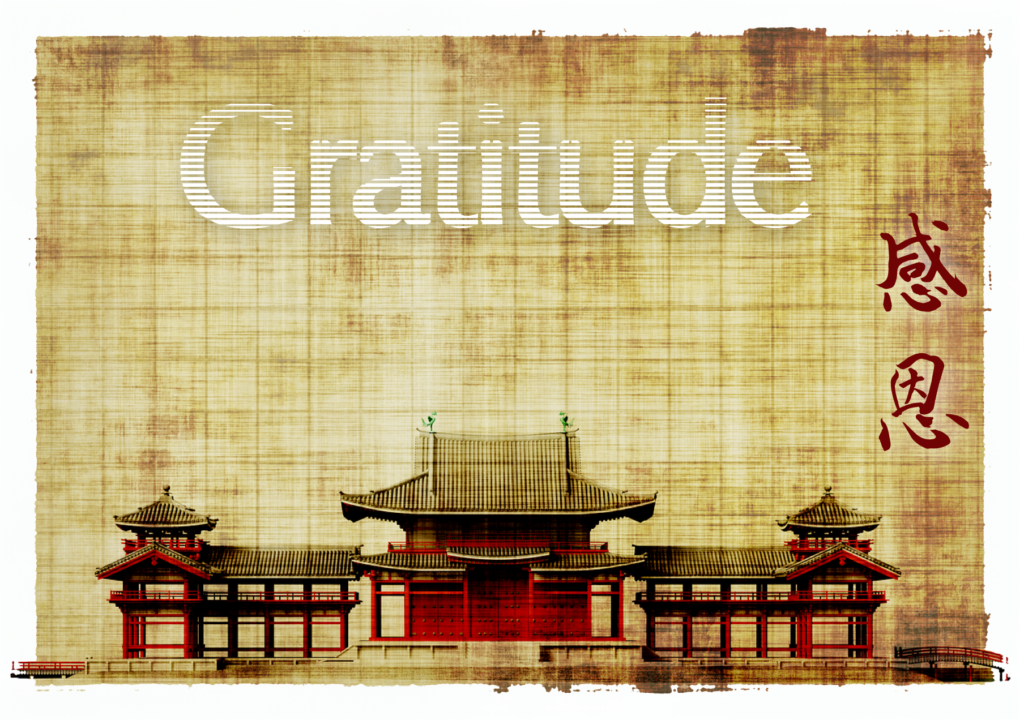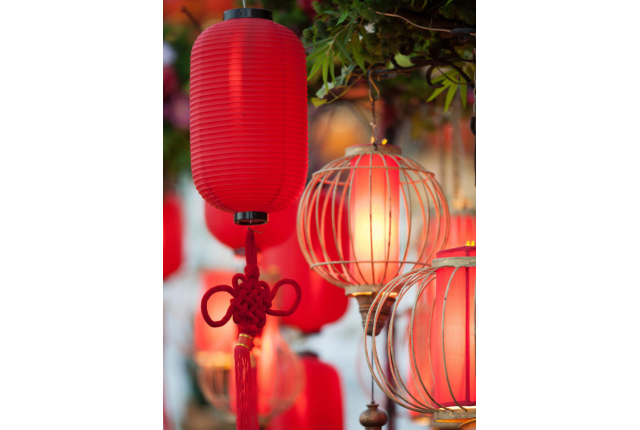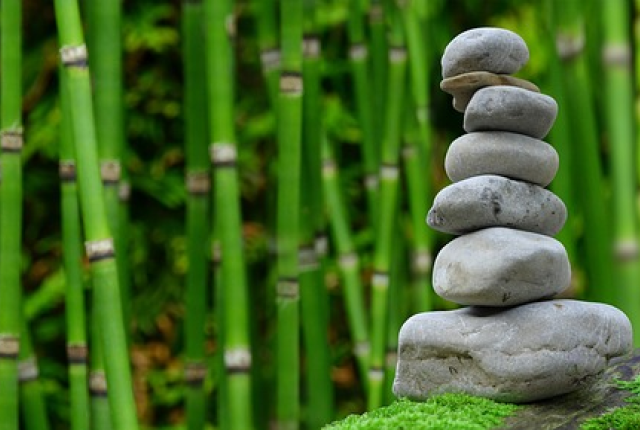
Birth and death are realities of life. Regardless of who we are, we cannot escape either one. While birth is celebrated, death is feared by most. In order to cope with our fear, we often seek comfort in religion.
Although each of the world’s major religious traditions has its own teaching concerning death, Buddhism is the only one that promotes the doctrine of impermanence as one of the universal truths. However, it is a truth that is not embraced by all. The majority of people chose to ignore or refute it, due to a lack of understanding or insight. As a result, impermanence has become a forbidden word in everyday living. According to the Buddha’s teaching, impermanence is, in fact, a good phenomenon.
Because of impermanence, there can be hope in the future.
Because of impermanence, there can be happiness without suffering.
Imagine a world without change, where everything stays the same forever. Do we really want to live in that kind of a world? If the answer is no, then we should value the Buddhist doctrine of impermanence. However, we must understand that the outcome of change can be either good or bad, depending on the causes and conditions at hand.
When we have a complete understanding of impermanence, we will learn to treasure the value of our lives, our possessions, and friendships.
When we witness a seed turning into a tall tree, we will come to appreciate the significance of change.
On the other hand, when we see a flower withering as the seasons change, we will experience the downside of impermanence. Through impermanence, everything is possible. The negative can be transformed into the positive, and the positive turned into the negative. With hard work, the poor can become rich, the unenlightened enlightened. Without change, democracy would never be able to overthrow dictatorship; civilization could never have replaced barbarism. Because of impermanence, we do not have everlasting fame, fortune, or good health. Therefore, it is not wise to become too attached to our possessions. We should instead be aware of the truth in impermanence, and in our endeavors seize the moment .
Impermanence is a universal Law of Nature in addition to being a doctrine of Buddhism. Classical writers have long expressed their reflections on impermanence in their prose and poetry. “Where the grass and weeds grow idly, the soldiers and war horses once roamed. As the wind blows and the water flows, where did the heroes go?” Although impermanence, suffering, and emptiness are facts of life, by preparing the mind for enlightenment and the ultimate realization of the truth, they can be transcended. As long as we are strong in our resolve to reach the final stage of cultivation—nirvana—we will be able to overcome change and find the path to true freedom without attachments.
From All in a Thought, written by Venerable Master Hsing Yun.
Image from Pixabay.


